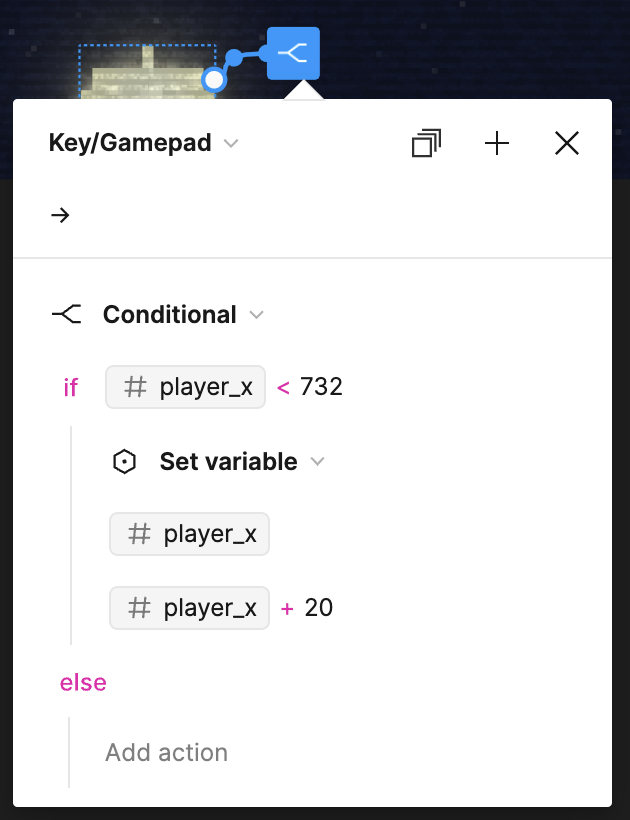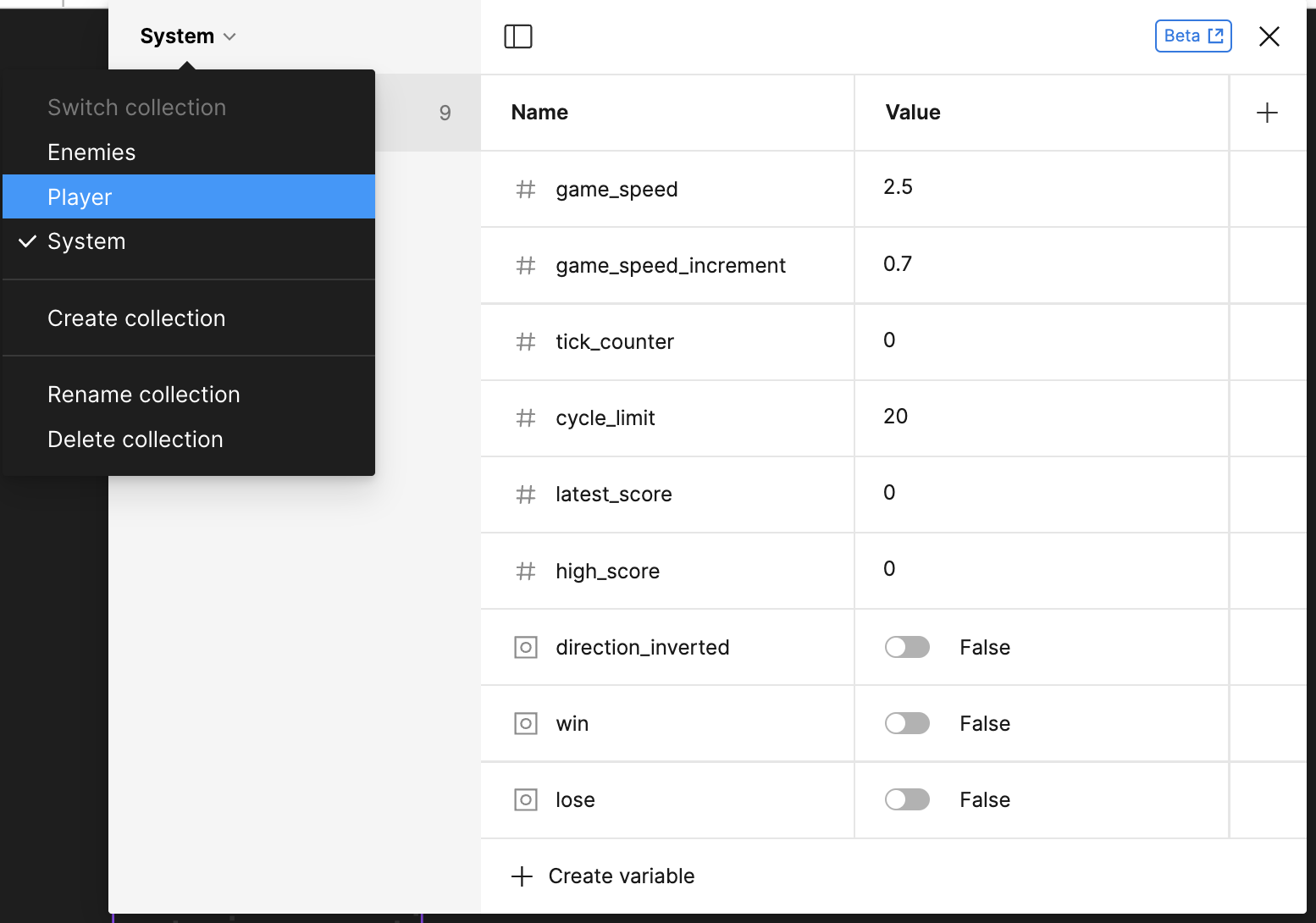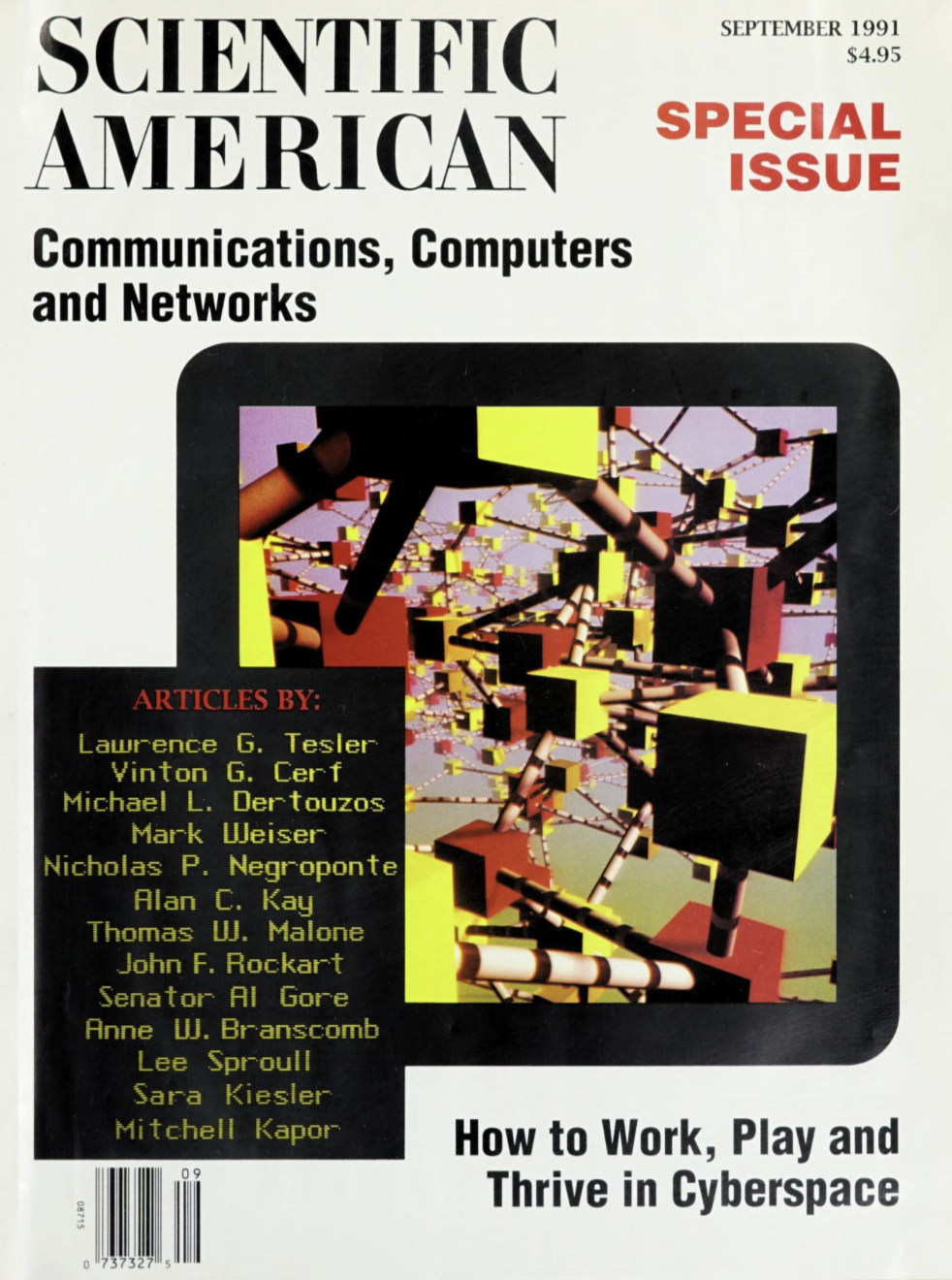✉️ Not subscribed yet? Subscribe to the Newsletter
Future of Coding Weekly 2023/07 Week 1
2023-07-02 22:35
💡 Viewpoints Research Institute 👓 How to Work, Play & Thrive in Cyberspace 📙 Programming Language Myths and Mythconceptions
Two Minute Week
🎥 Apps, new effects & Shallow effect handlers via Peter Saxton
Web apps, New effect types in code sandbox (HTTP, Async and Log) and Shallow effect handlers added to my language.
Devlog Together
The people using my software as a back-end for their web project are running machines that are not allowed to use docker, but are allowed to use "podman". Podman does not implement the feature of docker-compose.yml files that allows you to build an image from a github repository. So this week I need to learn how to publish docker images of my alpha software that nearly no one uses. Having users is the best/worst.
Thinking Together
Hi everyone, I’ve been thinking about using hypertext instead of text files as the medium to represent programs and their executions .
Programs contain a lot of cross references that are resolved only after the parser/runtime have had a go. IDEs also redo this parsing work to simulate the same cross references for easy editing. The idea is to embed these references in the medium itself. So, get rid of import statements, file boundaries and such. Each textual reference - function name, type name, any identifier really - would be link to the object it references. Unlike strongly structured environments, this allows some flexibility in representing partial and possibly invalid structures. I’m interested in implementations you know of that match this idea.
💡 VPRI via Jan Ruzicka
Recently, I realised that despite “vaguely knowing” what VPRI was doing (and trying to do), I never bothered to thoroughly read their reports and papers. Now that I took the time to read them, I feel like overall it’s been time well spent (I got inspiration and encouragement for some projects).
I’d like to know if you know about the VPRI undertaking, and if you do, whether you read (some of) their papers/reports - see poll below. I’m also interested in similar experiences you had with other projects (thinking you know what they do, then having this understanding deepened by looking at their work more carefully).
Content
📝 Everyone excited for Fortran 2023!? via Walker Griggs
Everyone excited for Fortran 2023!? Only mostly joking, but I just noticed today that fortran is scheduled for a new standard release next month. I got a big smile at some of the proposed imporvements
- Trig functions that work in degrees
- Using integer arrays to specify subscripts and section subscripts
- Enum types
🐦 Tweet from @double__glitch via Mattia Fregola
It looks like Figma is secretly – not so secretly 😛 – starting to turn code into design, and plugged in a mini-structured editor along the way.
(Attaching a couple of screenshots from the og file)


👓 Scientific American — Special Issue, 1991 via Ivan Reese
Scientific American — Special Issue, 1991
Communications, Computers and Networks — How to Work, Play and Thrive in Cyberspace
Featuring articles by Tesler, Cerf, Kay, and more. (Requires a free Internet Archive account)

🧑🏫 Programming Languages and Operating Systems via Duncan Cragg
Got interested in the conceit of a fringe-conference called "Programming Languages and Operating Systems", then read the CfP which seems to be aiming to pre-stifle any thoughts you may have had that innovation outside the familiar borders would be acceptable:
Suggested paper topics include, but are not restricted to:
- domain-specific and type-safe languages for the OS;
- the design of language-specific unikernels;
- language-based approaches to crosscutting system concerns, such as security and run-time performance;
- PL support for system verification, testing, and debugging;
- synthesis of OS code;
- static/dynamic OS configuration and specialization;
- PL support for OS integration of modern hardware (NVM, HBM, FPGAs, accelerators, RDMA, etc.);
- the use of OS abstractions and techniques in language runtimes;
- verification and static analysis of OS components;
- critical evaluations of new programming language ideas in support of OS construction; and
- experience reports on applying new language techniques in commercial OS settings.
🎥 Barliman: trying the halting problem backwards, blindfolded - William Byrd, Greg Rosenblatt via Paul Tarvydas

I found myself referring to this (2016) video. In case all y’all (the plural form of “y’all”) haven’t seen it…
📙 Myths and Mythconceptions: What does it mean to be a programming language, anyhow? via Konrad Hinsen
A paper worth reading that (among other topics) argues that end-user programming should better be called vernacular programming
#past-company
When the industry switched over from mainframes and minicomputers to personal computers, how big a regression was the performance of a typical PC versus that of a mainframe / mini at the time? (Keeping this question vague because I'm not quite sure how to phrase it. Feel free to interpret it however you like.)